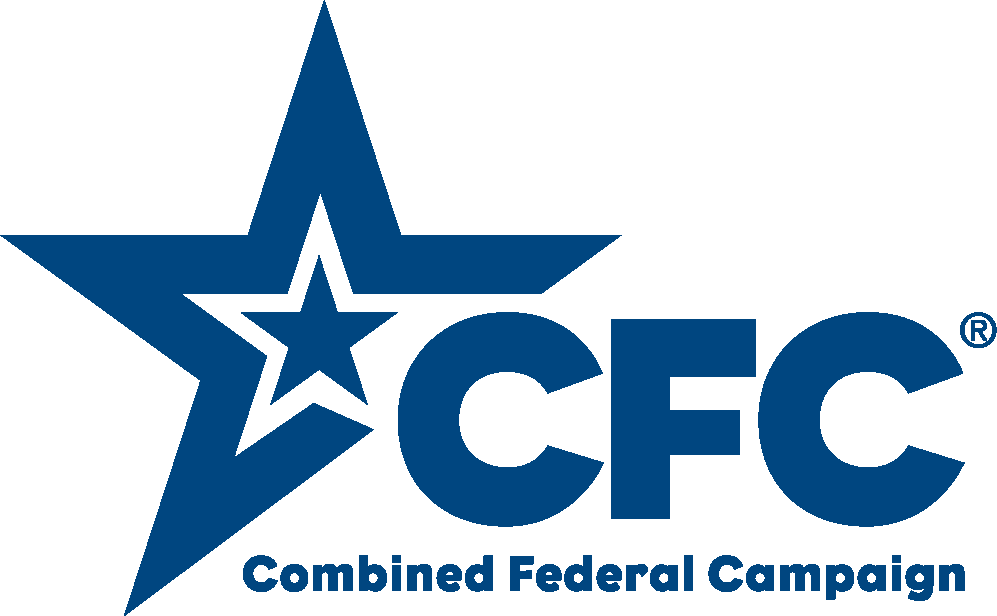
My name is Eli Wykell, I live in Takoma Park in District 5, and I am submitting this testimony in support of the Thrive Montgomery 2050 plan on behalf of Jews United for Justice.
As a Jewish organization committed to economic, racial and social justice, we strongly support Thrive Montgomery 2050’s intention to make Montgomery County a more inclusive and racially equitable community. Just as Abraham’s tent was open on every side to welcome all, so too must our County be open and accessible to all residents regardless of race, income, or disability.
To this end, we applaud Thrive 2050’s explicit acknowledgment of Montgomery County’s history of discrimination and racism in housing, from redlining to exclusionary zoning, as an important symbol of change. And while Montgomery County grows more diverse today, it also grows more segregated — and less affordable. Thrive Montgomery 2050 must plan to reverse these alarming trends.
We strongly support many ideas in Thrive 2050 to address housing inequality, including:
- Development and investment in previously ignored areas in the Down-County and
East-County, and measures to prevent the concentration of poverty in the County; - Increasing the number of income-restricted affordable housing units, especially for low-income
households. - Integrating people with disabilities, people transitioning from homelessness, and older adults
into attainable housing with appropriate amenities and services. - Up-zoning, to encourage construction of middle housing and multifamily housing;
- New construction of deeply affordable, subsidized housing;
- Changes in the building code to incentivize construction;
- Connecting transit to affordable housing.
We ask that Thrive 2050 strengthen its consideration for renters and housing affordability:
- We strongly support adding in previously-included language to the plan that recognized housing as a human right.
- While we are glad to see that Thrive considers displacement and segregation when measuring the success of housing plans, without considering renters, the measurement of Thrive’s goals is incomplete. Similarly, we note that a neighborhood affordable to homeowners but unaffordable to renters is neither economically nor racially equitable.
- We suggest that Thrive include in the ‘Affordable & Attainable Housing’ section additional language that includes consideration for eviction rates and the percentage of housing cost burdened renters as a measure of success.
- Additionally,Thrive needs a more explicit measurement of deeply affordable housing to ensure that the plan is implemented equitably and effectively. We note that the mere presence of some deeply affordable housing in a given area is not a success, and can obscure the fact that subsidies are going to workforce housing, which should be affordable in a healthy market, instead of towards our residents in most need of low-cost housing.
Thrive 2050 will impact all of us. We ask that the County engage all when implementing the plan. Too often, our communities reflect the desires of those with the most economic power because of their easiest access to the planning processes. As we rely more on the internet, we know that internet communication leaves our neighbors without internet access or tech literacy, whose opinions are just as important.
Engaging all of our county also means investing in multilingual, multi-model outreach, such as through in-person or telephone communications as our County continues to seek public comment on land use issues. Materials must be accessible in the many languages our County speaks.
Lastly, we strongly urge the Council to ensure Thrive 2050 be the beginning, not the end, of our response to Montgomery County’s affordable housing crisis. Montgomery County does not have thirty years to address the housing crisis. Our County grows more unaffordable for more people, renters and homeowners alike, every year — and we are on the verge of an eviction crisis the scale of which we have not seen in living memory. We do not have time to use Thrive 2050 as an excuse for failing to take immediate action to solve our most pressing problems, like extending the rent cap for a year after the state of emergency ends; reforming rocket docket evictions; ensuring much-needed rent relief gets to tenants; expanding eviction moratorium and passing legislation such as Bill 52-20 as an anti-rent gouging measure and ZTA 20-07 to expand missing middle housing near transit. We must
not only see Thrive 2050 as an important vision but also take action to guarantee that this vision becomes a reality.
We thank the Council and the Planning Board for your work on Thrive 2050, and we look forward to working with you to create any suggested amendments as outlined in our testimony.
Thank you, Eli Wykell





